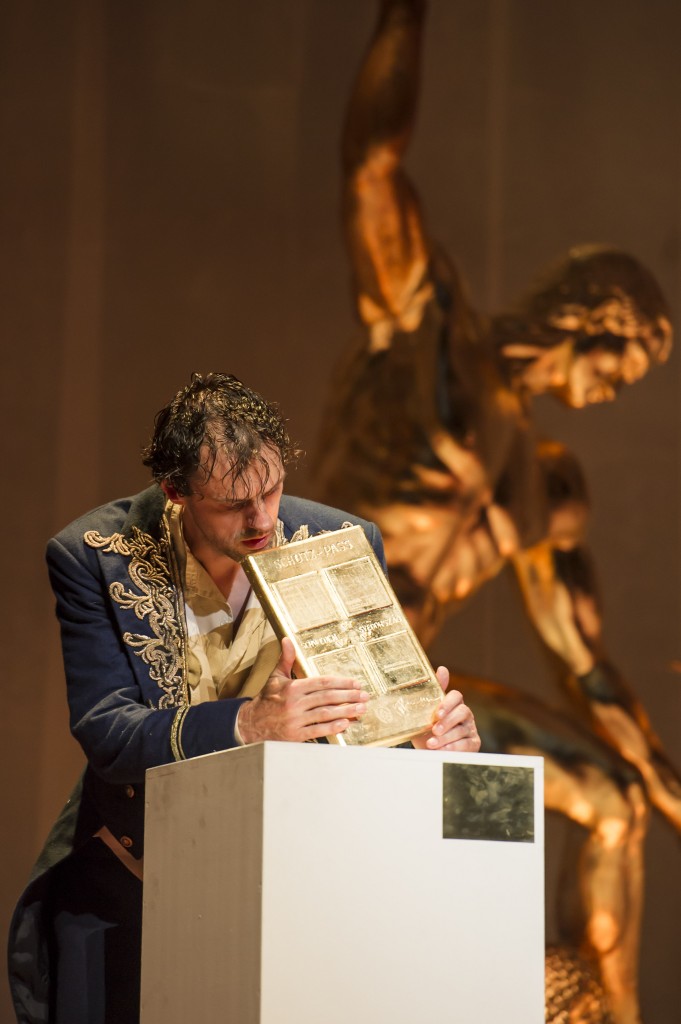“It didn’t begin until 1935, when I was sitting over a newspaper in a Vienna coffeehouse and was studying the Nuremberg Laws, which had just been enacted across the border in Germany. I needed only to skim them and already I could perceive that they applied to me. Society, concretized in the National Socialist German state, which the world recognized absolutely as the legitimate representative of the German people, had just made me formally and beyond any question a Jew, or rather it had given a new dimension to what I had already known earlier, but which at the time was of no great consequence to me, namely, that I was a Jew. → continue reading
In a Vienna Coffeehouse, 1935
Stories of Heroes and Wrangling with History
Raoul Wallenberg, who has been celebrated for decades as a great hero, would have turned 100 this year. The son of a Swedish family of bankers travelled to Budapest at the beginning of July 1944 on behalf of the War Refugee Board, in order to warn Jews living there of their coming destruction. He used his diplomatic immunity to issue Swedish passports for their protection as well as to create safe housing and is believed to have saved tens of thousands from death. Wallenberg disappeared at the end of the war, allegedly dying in a Russian prison. The first memorial to him had already been erected in Budapest by 1949. → continue reading
Placing Europe in the Museum
Migration is a topic of increasing importance for museums, including our own. A conference taking place today in Newcastle (UK) as part of the European Museums in an Age of Migrations (MeLA) project looks specifically at museum displays as they adapt to show social interaction in greater complexity: www.mela-project.eu/events/details/-placing-europe-in-the-museum-people-s-places-identities
